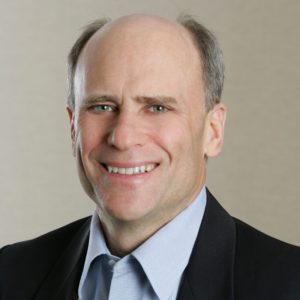Podcast: Play in new window | Download

Reading Time: 3 minutes
At Intelligent Investing Advisors, we believe in helping our clients not just retire but re-fire their lives for a fulfilling and purposeful future. In a recent interview with Kathleen Rehl, a leading expert in empowering widows financially, we delved into the concept of “re-firement” and the five essential elements that make it possible.
Kathleen’s Journey: From Childhood Chores to Financial Empowerment
Kathleen Rehl’s journey is a testament to the power of resilience and adaptation. Born and raised in Wisconsin amidst challenges and responsibilities, Kathleen’s path led her from humble beginnings to becoming a beacon of hope for widows seeking financial independence. Her background in academia, nonprofit work, and financial advising uniquely positioned her to make a difference in the lives of those navigating loss and transition.
The Five “Re-Fire” Principles
1. Family: At the core of Kathleen’s philosophy is the importance of family. Beyond financial stability, re-firement involves nurturing relationships and cherishing moments with loved ones.
2. Fun: Re-firement isn’t just about responsibilities; it’s about finding joy in everyday experiences. Kathleen emphasizes the value of incorporating fun activities into retirement plans to cultivate a sense of fulfillment.
3. Focus and Purpose: While retirement may signify the end of a career, it’s also an opportunity for a new beginning. By staying focused on personal goals and finding purpose in each day, individuals can redefine their sense of fulfillment.
4. Friends: Social connections play a vital role in re-firement. Kathleen advocates for fostering meaningful friendships and nurturing a support network that enriches life beyond retirement.
5. Fitness: True wealth encompasses more than just financial stability—it extends to physical, mental, and spiritual well-being. Prioritizing fitness in all its forms ensures a balanced and holistic approach to re-firement.
As Kathleen’s journey illustrates, life is a series of pivots and transitions. Embracing change and staying open to new opportunities is key to crafting a fulfilling retirement. Just as Kathleen discovered her true calling in empowering widows, individuals approaching retirement can find renewed purpose by embracing the five pillars of re-firement.
In conclusion, Kathleen Rehl’s story reminds us that retirement isn’t the end of the road—it’s a chance to ignite new passions, cultivate meaningful connections, and embrace life’s journey with enthusiasm. By adopting the “re-fire” mentality, we can turn retirement into a chapter filled with purpose, joy, and fulfillment.
Some of our most popular blogs are the financial scam series we posted on our website. We talk about how to emotionally heal after being financially scammed, how to help others who have been financially scammed, and 11 ways to protect yourself from being financially scammed. You can find all of those on our blog page.
Please be sure to subscribe to our podcasts as we will be interviewing Kathleen on an upcoming podcast where she explains how to simply write a legacy letter to your family and friends. You will not want to miss it. You can purchase Kathleen’s book here.
Kathleen Rehl Bio
Kathleen M. Rehl, Ph.D., CFP®, CeFT® wrote the multi-award-winning book, Moving Forward on Your Own: A Financial Guidebook for Widows. Experiencing widowhood herself, Dr. Rehl empowers widows financially™ and inspires their advisors. Her work has been featured in the New York Times, Wall Street Journal, AARP Bulletin, CNBC, USA Today, U.S. News & World Report, Journal of Financial Service Professionals, Journal of Financial Planning, and other publications. Rehl owned a financial planning firm for 17 years before retiring to her “encore” career. She walks an hour daily, practices yoga, enjoys art and music festivals, writes poetry and makes art, loves her grandsons . . . and continues to evolve on her journey.


